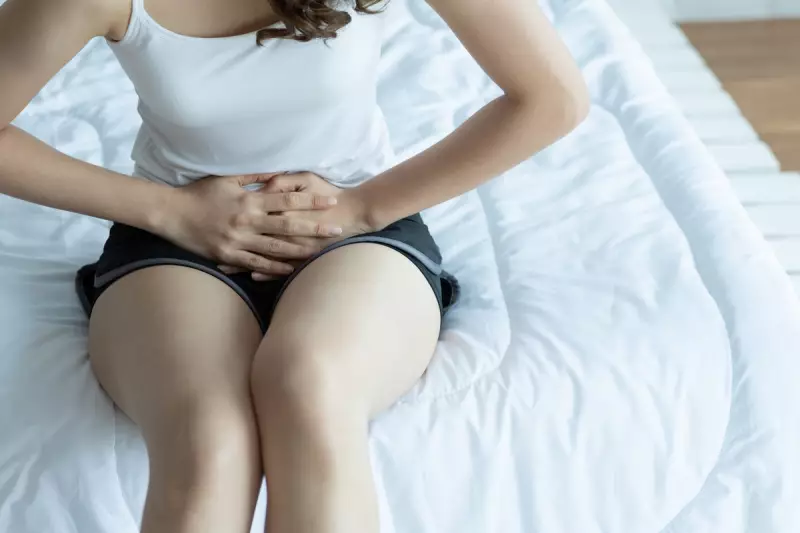
That morning coffee ritual might be doing more than just waking you up - it could be secretly wreaking havoc on your bladder health, according to leading medical experts.
The Hidden Impact of Your Favourite Drinks
While most of us reach for coffee, tea, or fizzy drinks without a second thought, these everyday beverages contain substances that can irritate the bladder lining. Caffeine acts as both a stimulant and diuretic, increasing urine production while potentially causing bladder sensitivity.
Are You Ignoring These Warning Signs?
Many Britons dismiss crucial symptoms that could indicate underlying bladder issues. Medical professionals highlight these key red flags:
- Urinary urgency - that sudden, overwhelming need to urinate
- Increased frequency - visiting the toilet more than 8 times daily
- Burning sensations or discomfort during urination
- Waking multiple times at night to use the toilet
- Accidents or leakage before reaching the bathroom
Simple Changes for Better Bladder Health
The good news? Small adjustments can make a significant difference. Experts recommend:
- Monitor your fluid intake - spread drinks throughout the day rather than consuming large volumes at once
- Identify trigger foods and drinks - keep a diary to spot patterns between your diet and symptoms
- Practice pelvic floor exercises - these can strengthen muscles supporting bladder control
- Don't reduce overall fluid intake - dehydration concentrates urine, potentially worsening irritation
When to Seek Medical Advice
While occasional symptoms might be normal, persistent issues warrant professional attention. "If symptoms disrupt your daily life or cause concern, consult your GP," advises one NHS urology specialist. "Early intervention can prevent conditions from worsening and significantly improve quality of life."
Remember, bladder health is crucial to overall wellbeing. Paying attention to your body's signals and making informed choices about what you drink could be the key to lasting comfort and confidence.




